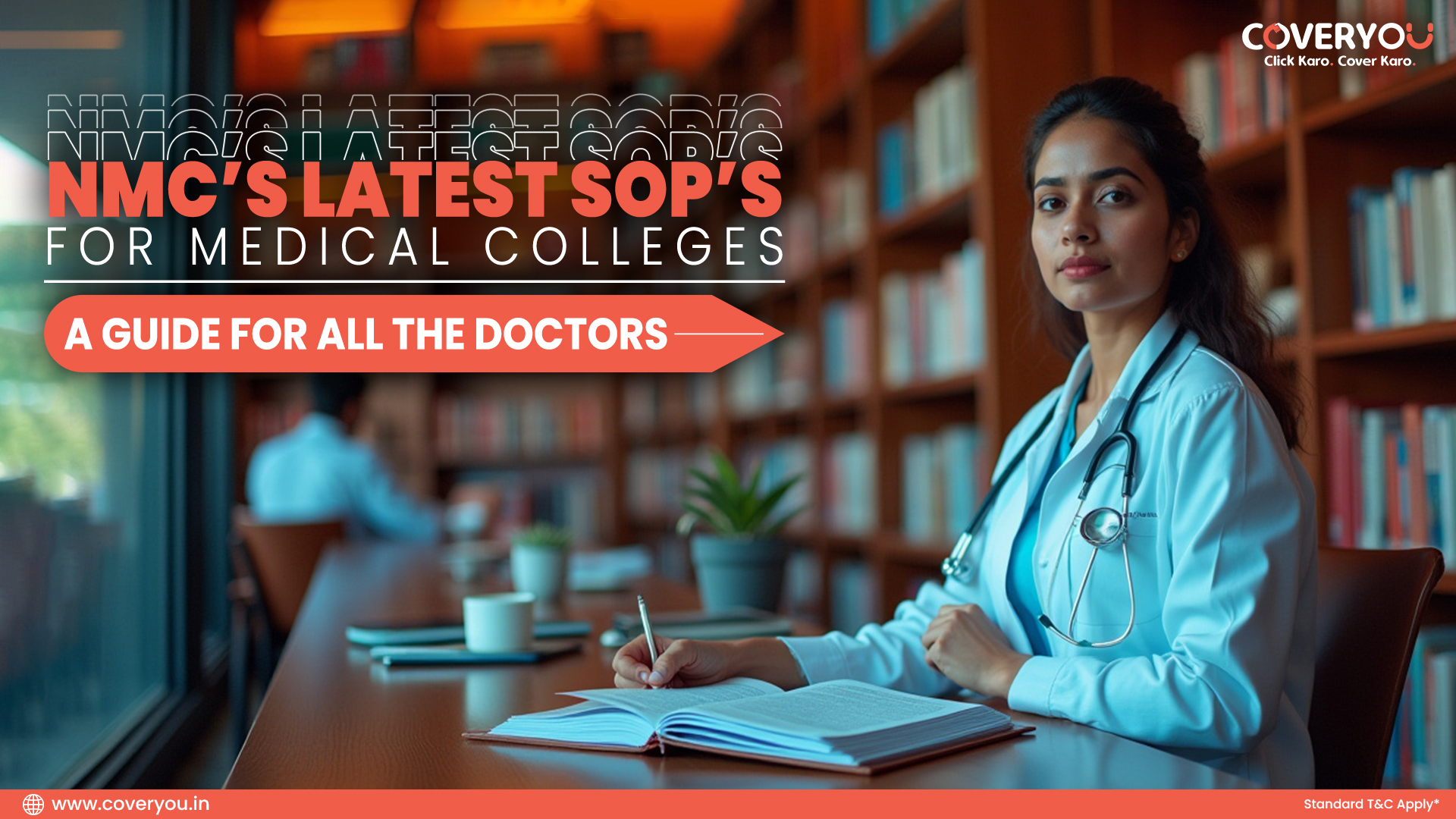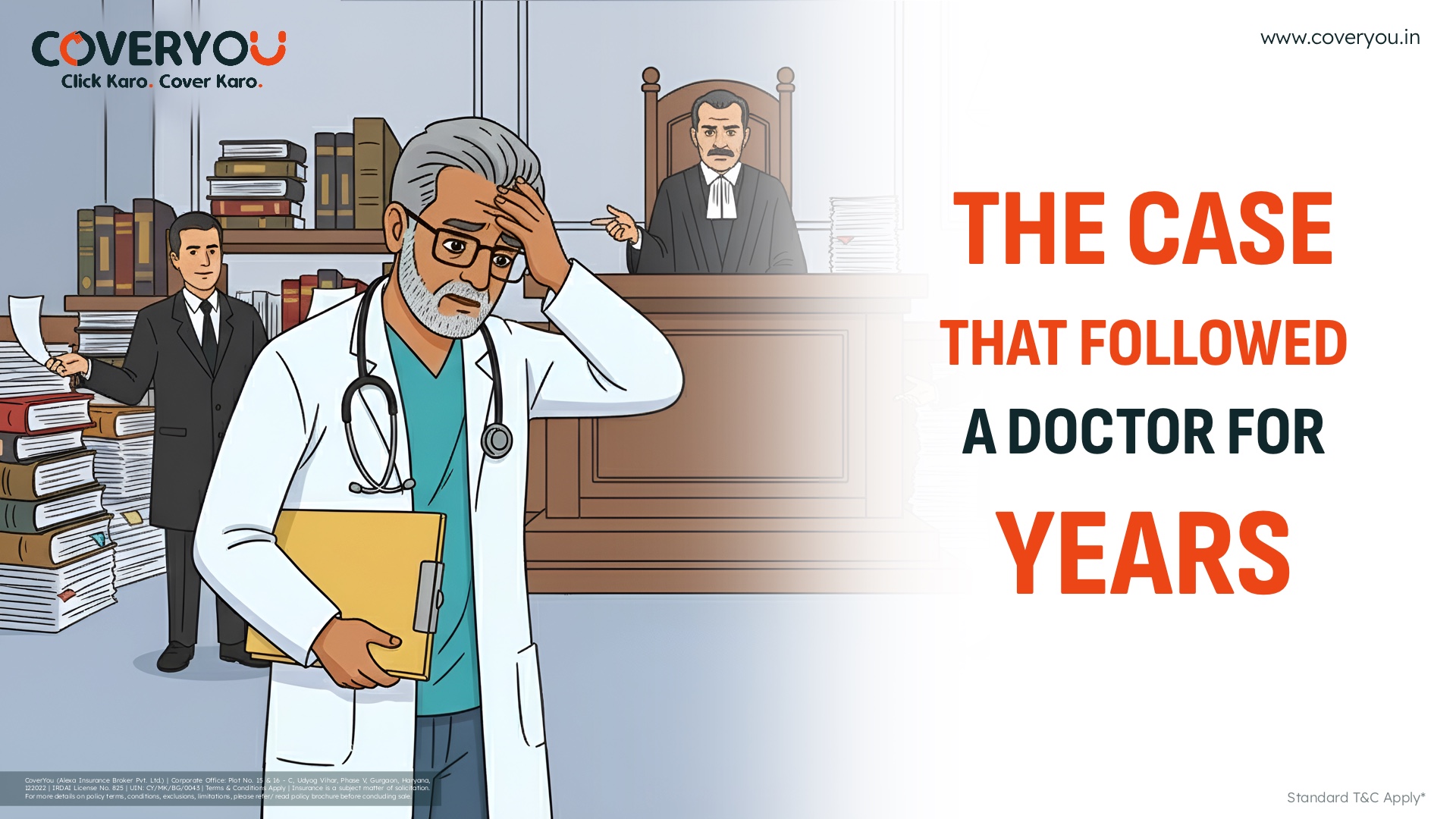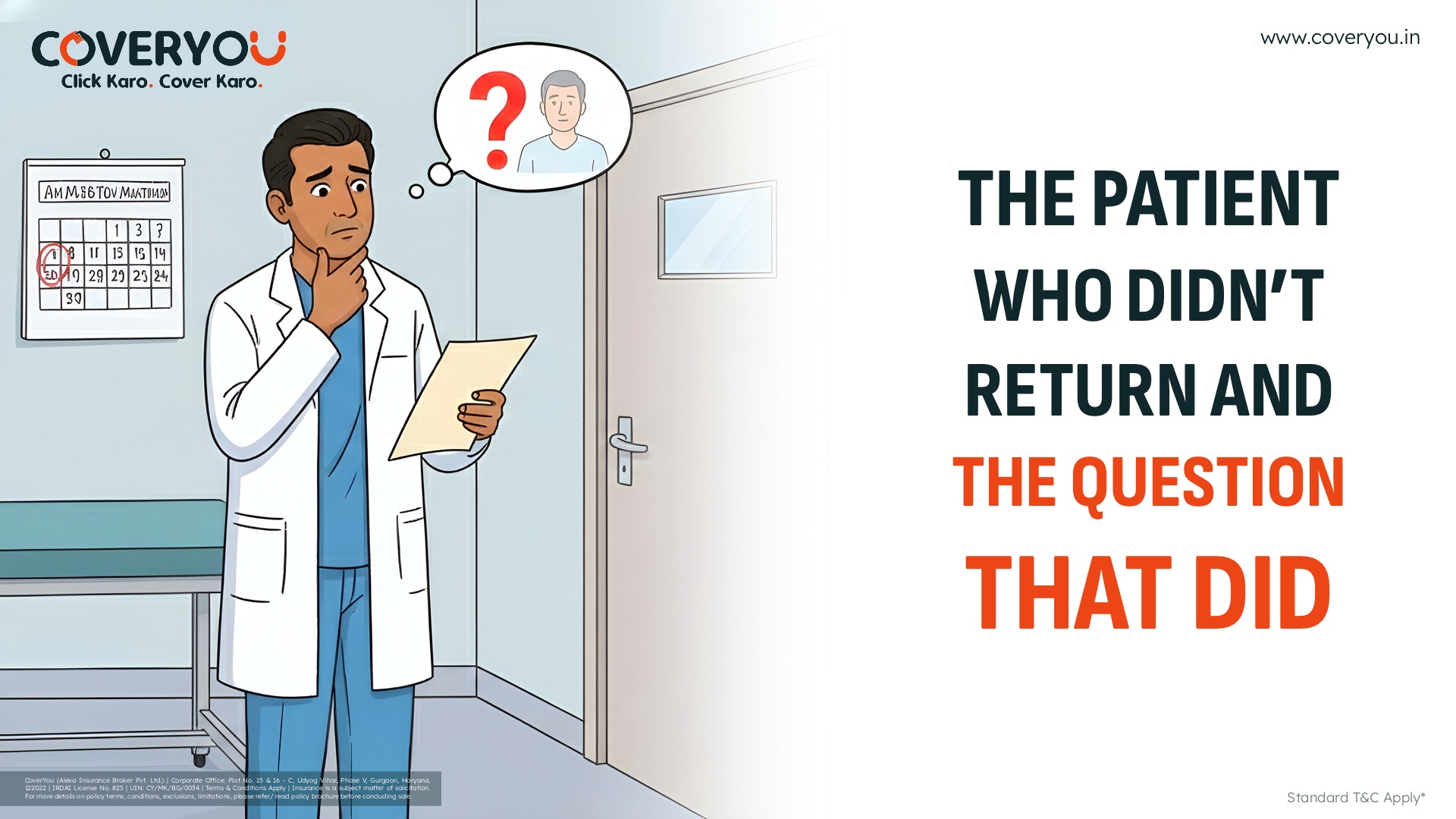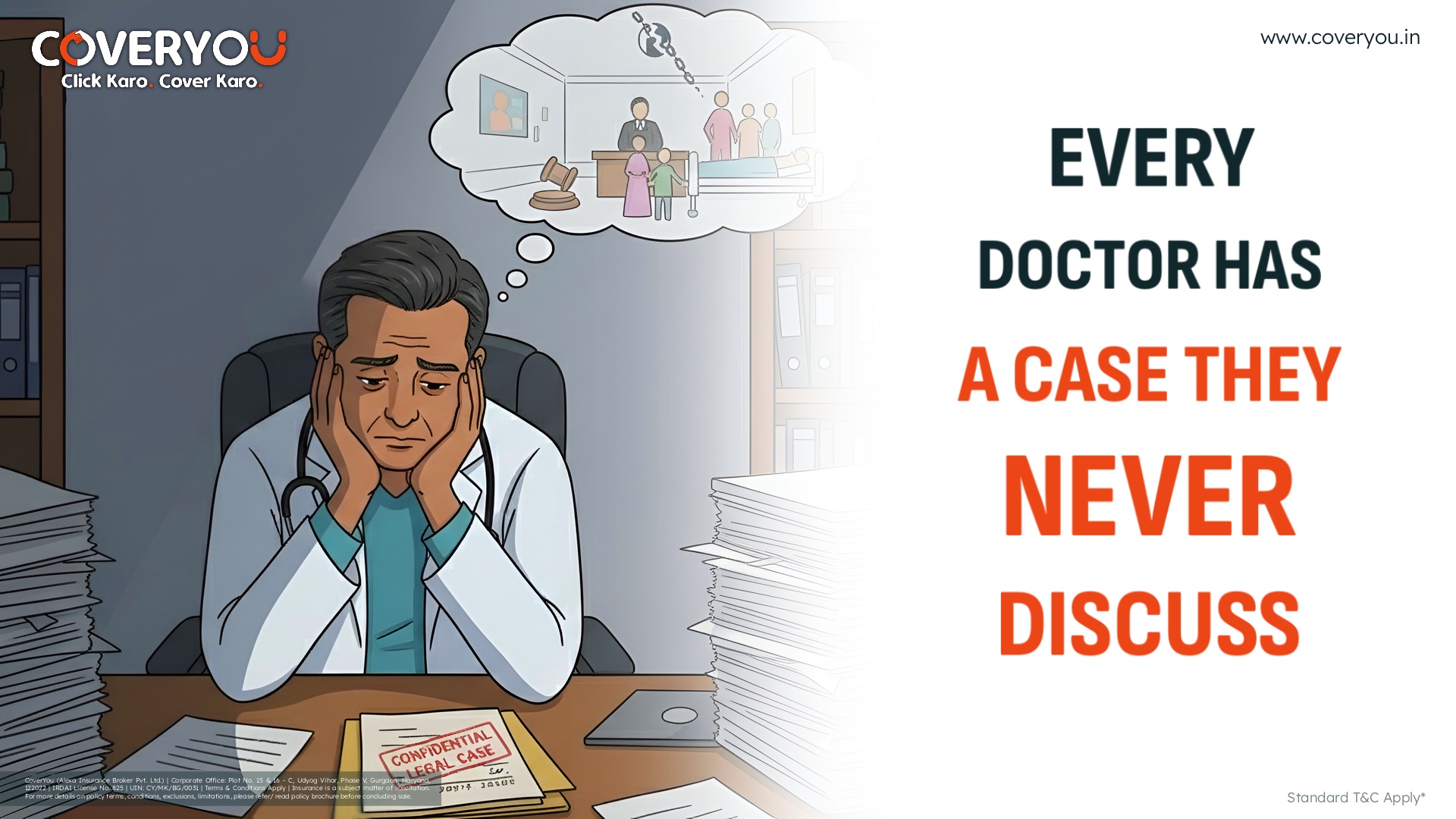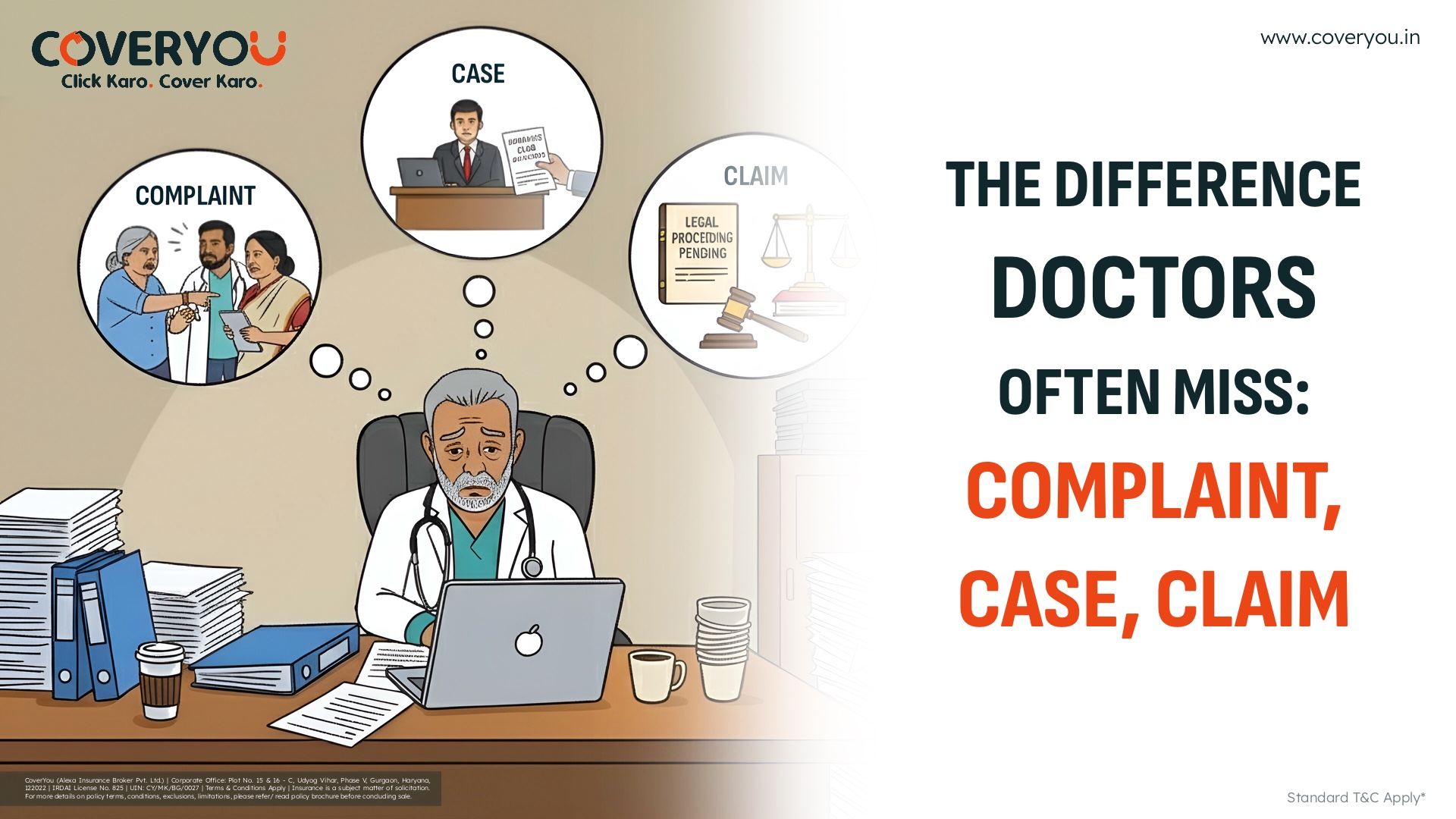The NMC is soon going to issue SOPs which would address long pending issues of medical students. These include issues such as the non-payment of stipends, work hours beyond the mandated value, and the teacher-student ratio. This initiative would greatly enhance the academic and professional milieu in medical colleges.
Why This Is Important for Future Doctors
For medical students, delayed stipends and extended work hours aren’t merely administrative accidents, they threaten their education, well-being and financial stability. This not only added a layer of formalization to the redressal process but also aimed to cultivate an environment of transparency and support, where the students felt confident that their voices were being recognized and acted upon.
How the New SOPs Are Going to Work
The Standard Operating Procedures (SOPs), which are due to be finalised by March or April 2025, will set out the steps for the SMCs to follow in dealing with complaints. Issues of students must first go to the Directorate of Medical Education (DME) and SMCs. That being said, if these bodies are unable to address the complaint, the case can be escalated to the NMC as long as the complaint is documented in full and not anonymous.
Increasing Student Complaints
Complaints from medical students in states, including Rajasthan, Chhattisgarh, Delhi and Uttar Pradesh, have increased in recent years. But often action has been hampered by a lack of legitimate evidence. Implementing these SOPs in the grievance redressal process will help in making it more structured and efficient, allowing the department to differentiate between genuine issues and baseless complaints.
Power of NMC to Enforce Accountability
NMC has the authority to take serious action against non-compliant medical institutes. They are monetary fines, permission to admit fewer students, and even the suspension of admissions for more serious violations. This keeps institutions accountable and provides equitable treatment to students.
Stipend Transparency-Step Toward Fairness
After direction from the Supreme Court, the NMC made it compulsory for medical colleges to provide stipend information for the academic year 2023–24. Cross-referencing data with both students and administration bolstered this push to transparency. Cases such as that of Maulana Azad Medical College (MAMC) marked discrepancies where payments were made but were not reported, issues which the new SOPs seek to prevent.
Institutions That do Not Comply
In November 2024, NMC issued show-cause notices to 198 medical colleges over non-reporting of stipend payments. It also included reputed institutions such as MAMC, Atal Bihari Vajpayee Institute of Medical Sciences, DY Patil Medical College. Those lapses highlight the need for stronger oversight and clearer procedures.
Uniformity and State Responsibility
The NMC lays down the framework but it is up to the respective states and union territories to implement it. They have demanded stipend to post-graduate students equivalent to their counterparts working in various state and central government institutions in line with the regulations set forth under PGMER 2023. CRMI Regulations, 2021 outline the stipend amount for the MBBS interns which ensures uniformity and fairness.
What This Means for Those Currently in Practice and Future doctors
These events represent a step in the right direction towards accountability and better working conditions for doctors advancing their education and qualifications. Fair stipends and reasonable working hours not only support the well-being of students, it cultivates a healthier learning environment for the entire medical community.
CoverYou Supports doctors as always
At CoverYou, we understand the challenges doctors face, whether in medical education or professional practice. Our professional 360° Customized Doctors Professional indemnity are designed exclusively for healthcare professionals, offering robust protection so you can focus on your patients and your growth. As the NMC works toward bettering medical education standards, we remain committed to safeguarding doctors at every stage of their journey.
